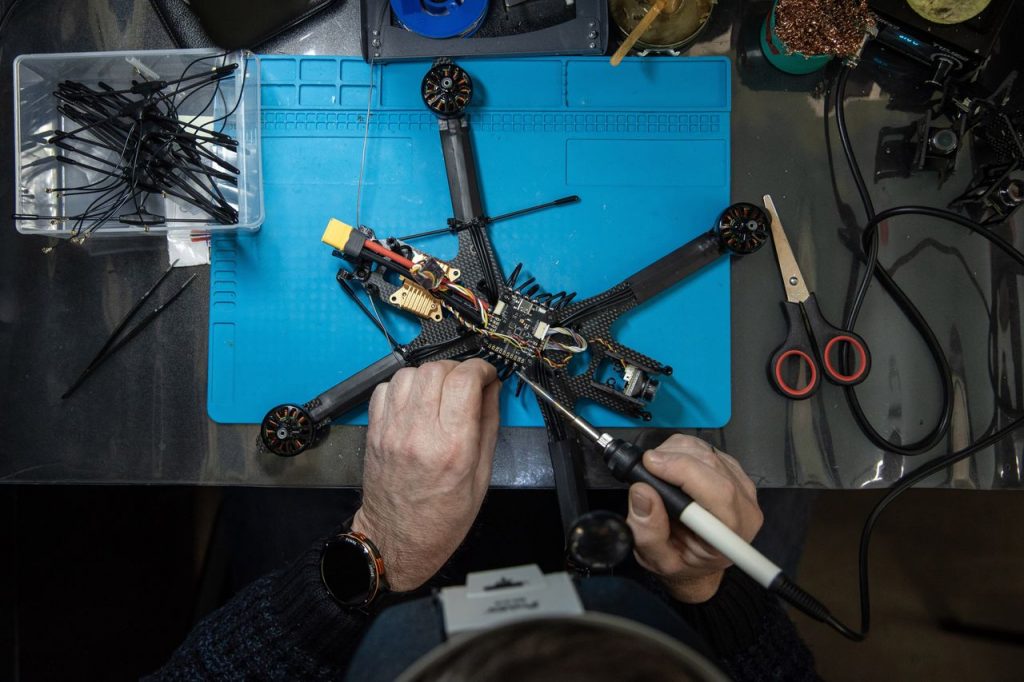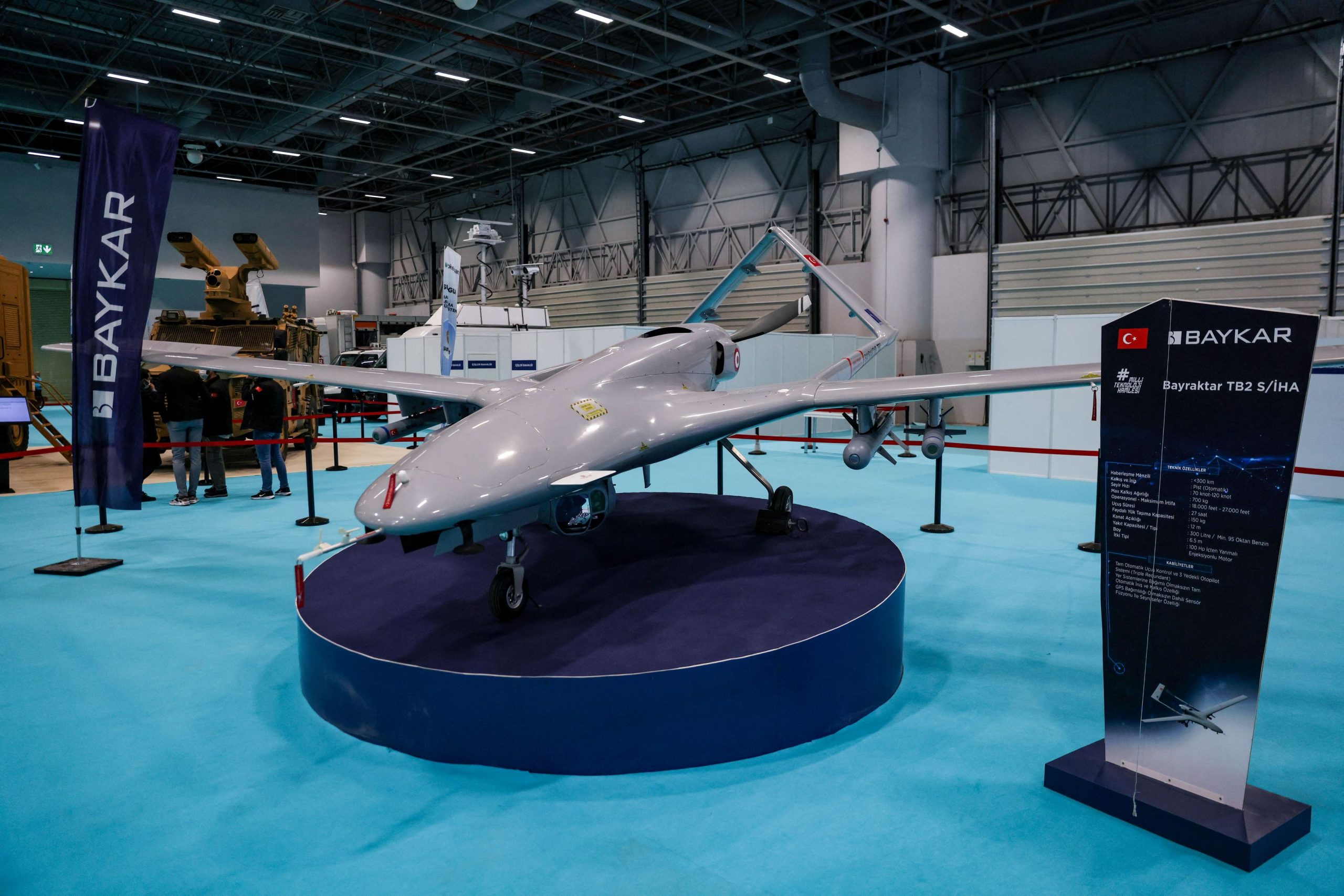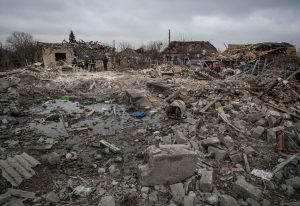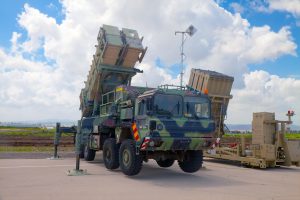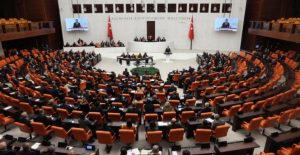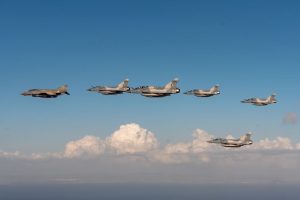A key component of Turkey’s military-industrial policymaking during the past decade is the production and export of military drones. In 2022, for the first time ever, four Turkish companies – Baykar, Aselsan, TAI and Roketsan – were included among the top 100 largest international weapons manufacturers (the list is compiled annually by the International Peace Research Institute in Stockholm). Their combined revenues from total arms sales (both at home and abroad) amounted to US$5.5 billion, an increase of 22 per cent over 2021.
The output of Turkey’s defence industry has repeatedly proved its military capability. The Bayraktar-TB2 drone – a product of the Turkish manufacturer Baykar – is exported to more than 30 countries. In Ukraine, it is being used extensively against the Russian invading army. In Nagorno-Karabakh, it turned out to be a game changer in favour of Azerbaijan in the conflict with Armenia. It has left its mark on the battlefields of Syria as well as in northern Iraq and Libya.

An engineer from Turkish drone-maker Baykar stands next to a TB2 drone during the first day of SAHA EXPO Defence & Aerospace Exhibition in Istanbul, Turkey, November 10, 2021. REUTERS/Umit Bektas
NATO members in central and south-eastern Europe – namely, Albania, Romania and Poland – have ordered TB2 drones from Turkey. In January 2023, a contract was signed with Kuwait for TB2 drones totalling US$370 million. And in July, Saudi Arabia reached a deal with Baykar for the Bayraktar Akinci drone valued in excess of US$3 billion – the biggest defence contract in Turkey’s history. Further, the United Arab Emirates agreed to purchase up to 120 TB2 drones in 2022, while Egypt is the latest country to announce the acquisition of Turkish drones following Erdoğan’s visit to Cairo in February 2024. The TB2 drone is only the most visible sign of what is a new era for Turkey’s defence industry.
For Turkey’s NATO partners, this recalibration presents strategic challenges for further defence cooperation with Ankara. Turkey is refusing to march in lockstep with NATO and the EU, having declined to adopt sanctions against Moscow outside the UN framework. Today’s redrawn geopolitical map includes middle powers – such as Turkey – that are demanding agency over specific outcomes. At the same time, these countries balk at being drawn into binary great-power rivalries. President Erdoğan is leveraging Turkey’s middle power position by expanding the country’s arms exports and broadening the range of countries it supplies (however, excluding Israel).
Demand for its weapons systems suggests Turkey is increasingly viewed as an important player on international weapons markets, reinforcing Ankara’s strategic standing in global foreign and defence policy. Turkey’s defence industry is increasingly characterized by the goal of achieving strategic autonomy. The country is striving to reduce its reliance on foreign partners in conceptual, technological and logistical terms as well as with regard to the manufacture of military hardware; in other words, Ankara is focusing on local production capacity while curtailing procurement from abroad.
However advanced, this recalibration still faces obstacles. Turkish producers continue to rely on crucial hard- and software imports. This reliance applies, in particular, to semiconductors and microchips, which are procured from foreign technology companies. Moreover, it should also be borne in mind that the Turkish military-industrial complex lacks a critical mass of domestic energy sources, which it is forced to import – above all, from Russia. In short, the political rhetoric of strategic autonomy continues to contrast with external dependencies at the corporate level.
Therefore, in the foreseeable future, Turkey will continue to depend not only on the US for its air defence but also on its NATO partners in Europe. Meanwhile, there is an accelerating arms race between Turkey and Greece in the eastern Mediterranean. In 2022, the government of Prime Minister Mitsotakis agreed to purchase six Rafale fighter jets from France and 40 F-35 stealth fighter jets from the US. Such developments call into question the military superiority of the Turkish Air Force over its Greek counterpart.
The success of Turkey’s drone exports and the decision of the State Department to approve the sale of F-16 aircraft and possibly Eurofighter jets by Germany and Italy is not only about sophisticated weapons systems. Nor is it just a commercial transaction. Indeed, the developments need to be seen in the broader context of NATO interoperability – that is, keeping Turkey in alliance-led military-industrial systems. This implies both costs and risks. Turkey’s continued participation in NATO is central to the security interests of the alliance.
The transformation of the Turkish defence industry over the past two decades goes hand in hand with the redefinition of Ankara’s geostrategic interests. This gives Erdoğan political sway that goes beyond military might and institutional arrangements. Turkey is pursuing a strategy of multi-alignment. Ankara is currently forging a growing number of bilateral alliances in the area of arms exports to countries outside NATO that until recently were considered closed or inaccessible for Ankara. The expanding cooperation networks are characterized by regional diversification. Turkey’s objective is to make strategic use of arms exports – that is, to embrace countries with which other NATO members are reluctant to cooperate, such as Saudi Arabia, Taiwan and China.
*Jens Bastian is a Senior Policy Advisor at ELIAMEP in Athens and is currently based in Berlin at the Centre for Applied Turkey Studies (CATS) of the SWP
